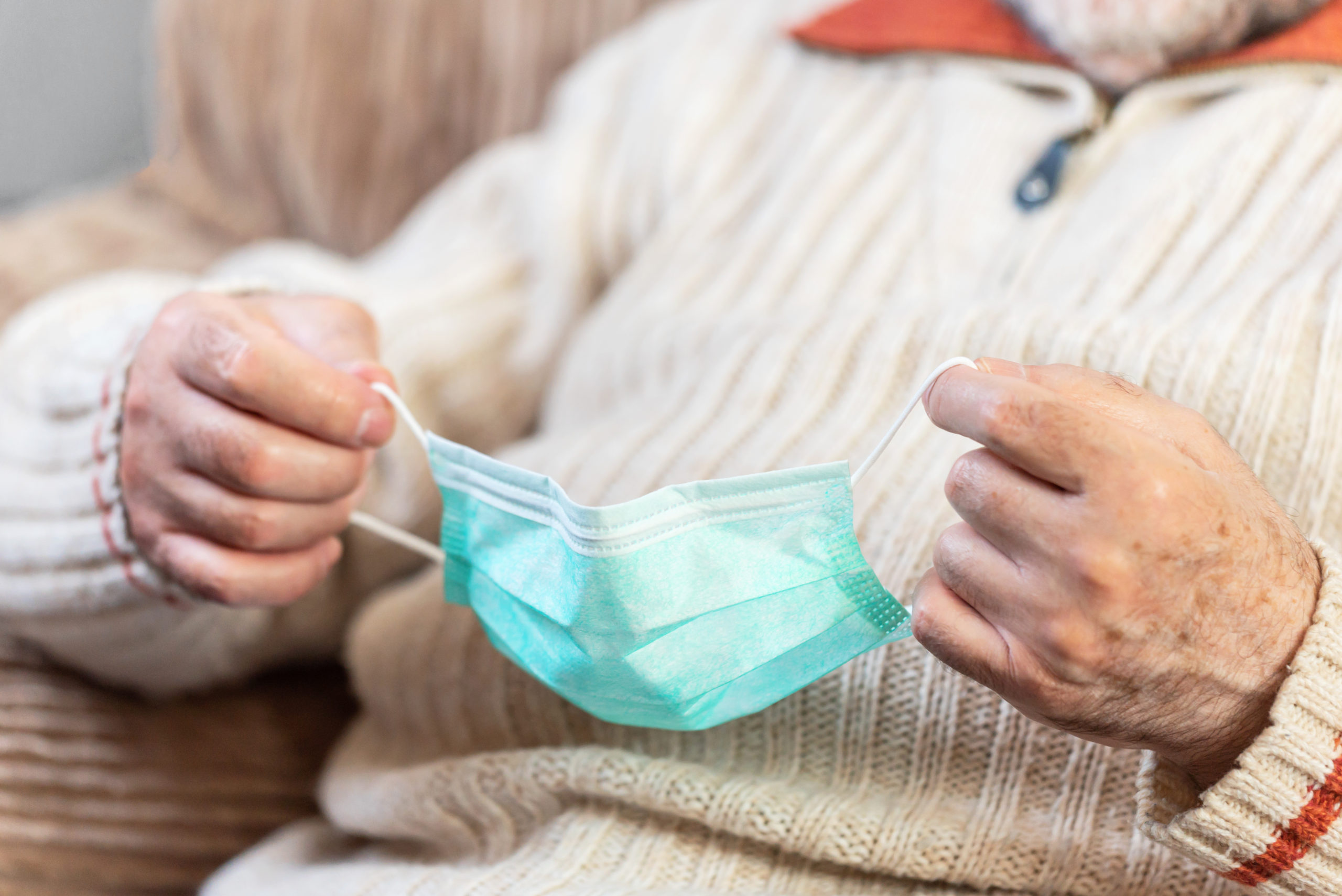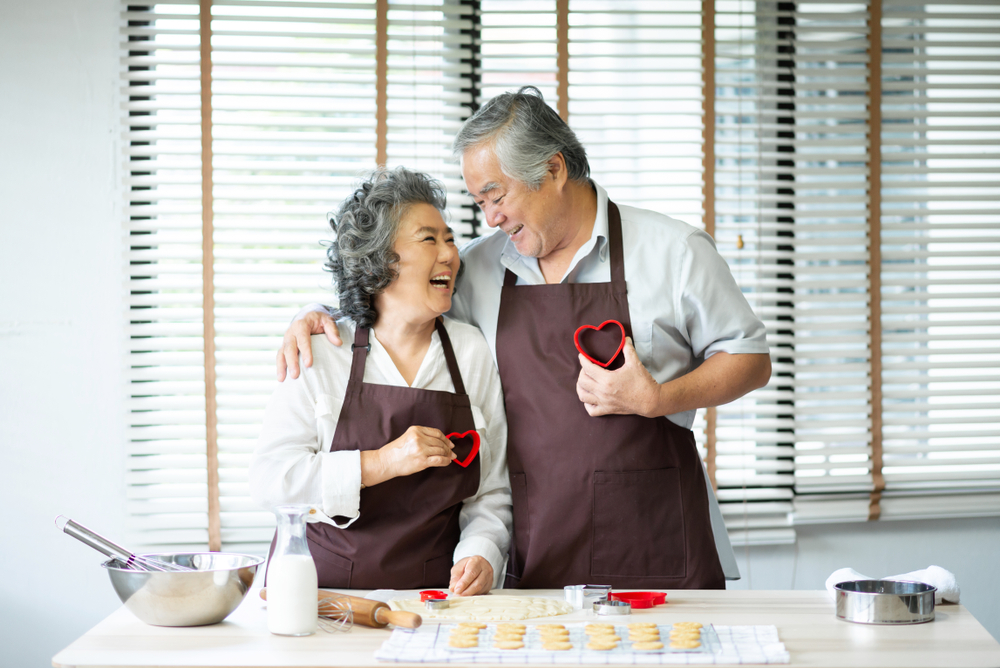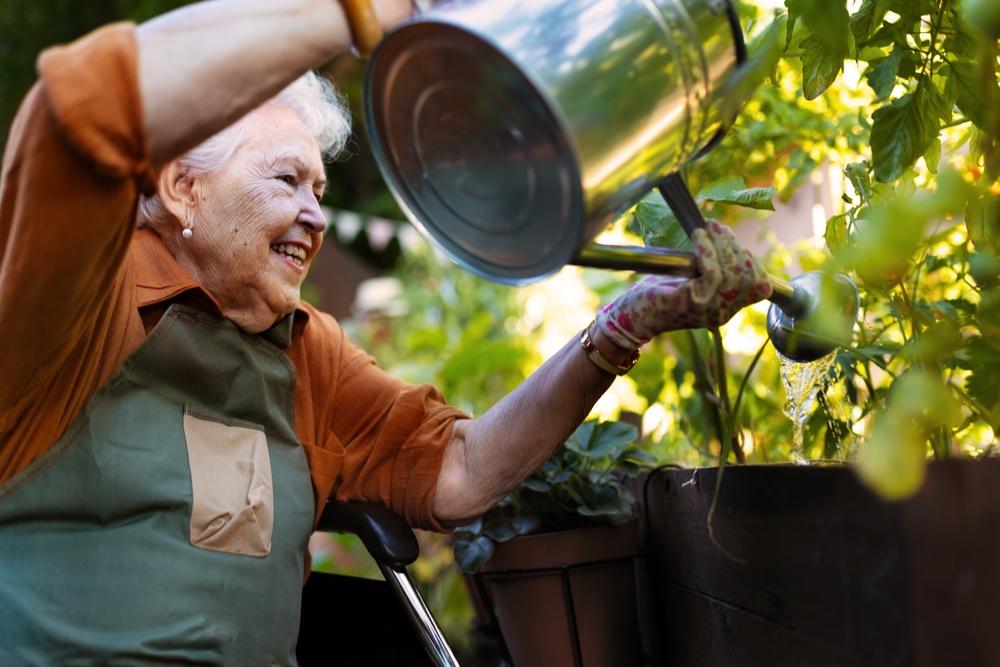 June 19, 2020
June 19, 2020
Across the country, businesses and communities are starting to open. While many are ready to resume as normal, it is necessary to understand the potential risks of COVID-19 and how to reduce the chance of spreading infection.
Leaving home and interacting with others is necessary for some. For those at a higher risk of illness due to age or long-term health problems, it’s important to take action to reduce the risk of getting sick.
What You Can Do
Older adults and those with underlying health conditions might be at a greater risk for infection from COVID-19. If you are in a higher risk category or are caring for an at-risk family member, here are some steps you can take to minimize health concerns.
- Stay home as much as possible. Interacting with more people increases your risk of spreading and catching COVID-19. Limit non-essential trips outside the home.
- Maintain social distancing if you do go out. Try to stay at least 6 feet away from others. Indoor spaces can be riskier than outdoor areas because it’s harder to keep people apart and there is less ventilation. Choose areas like parks and open-air facilities if you do go out.
- Wear a cloth face covering when in public, especially when it’s hard to be 6 feet away from others.
- Frequently wash your hands with soap and water for 20 seconds.
- Clean and disinfect the home. Wipe down surfaces like countertops, tables, and doorknobs often.
- Contact your healthcare professional if you have concerns.
- Stay up-to-date on the latest news. Depending on conditions in your area, your local public health officials might recommend other community actions to reduce the spread of COVID-19. Find your local health department website.
Create a Plan
Having a plan of action in place can help you and your family prepare for the future, prevent illness, and get help quickly if necessary.
- Stay in touch with your loved ones. Taking the time to check in lets your loved ones know how much you care. For emergencies, you should also know how to reach your loved ones quickly, whether that’s over the phone or via text or email. Consider creating a contact list of important numbers you might need in a medical situation.
- Stock up on supplies. Have a collection of household necessities and groceries on hand. If going to the store is difficult, there are delivery services available. For medications, contact your health care provider to ask about getting extra necessary medications.
- Develop a care plan. If you or your loved one gets sick, determine who can provide care, whether that will be another family member, facility, or home caregiver. Home care is becoming increasingly important, and many families are looking for more opportunities to receive care in a safe, home environment.
Supporting Older Family Members
Everyone’s situation is different, and sometimes plans change to provide better care. If your loved one is at a facility, stay in touch with their care provider, and monitor the situation. Ask about the health of the other residents and ask if they have a protocol if there is an outbreak.
Many are also starting to look into receiving care from home. Maybe your older loved one needs more assistance at home, is returning from the hospital, or needs more care than a family caregiver can provide. Home care professionals can help ensure quality care is provided in a safe home environment. Contact us for more information if receiving care from home sounds like a good choice for your family.




1 Trackback